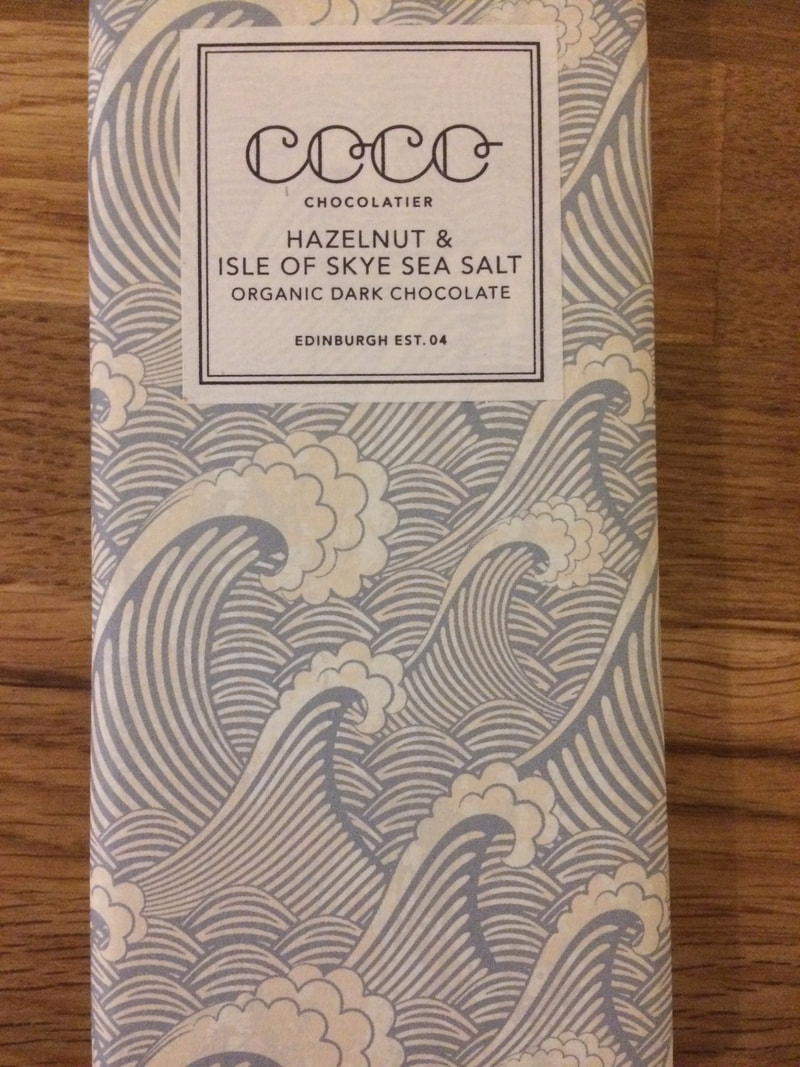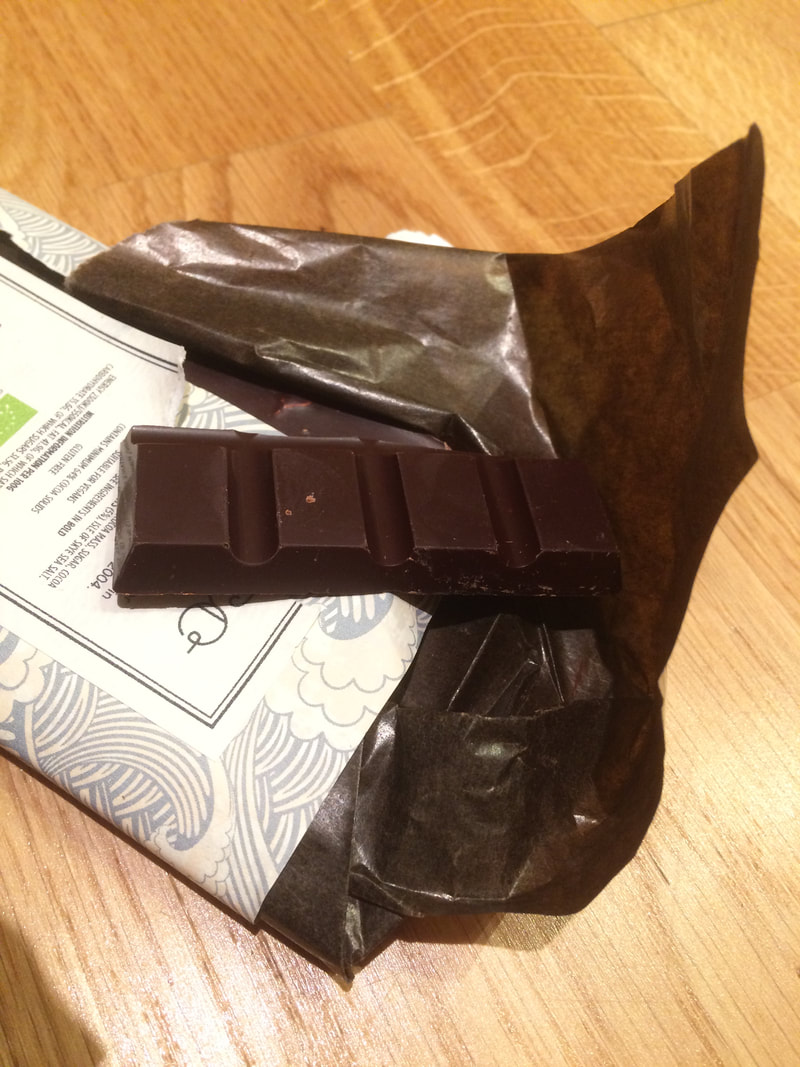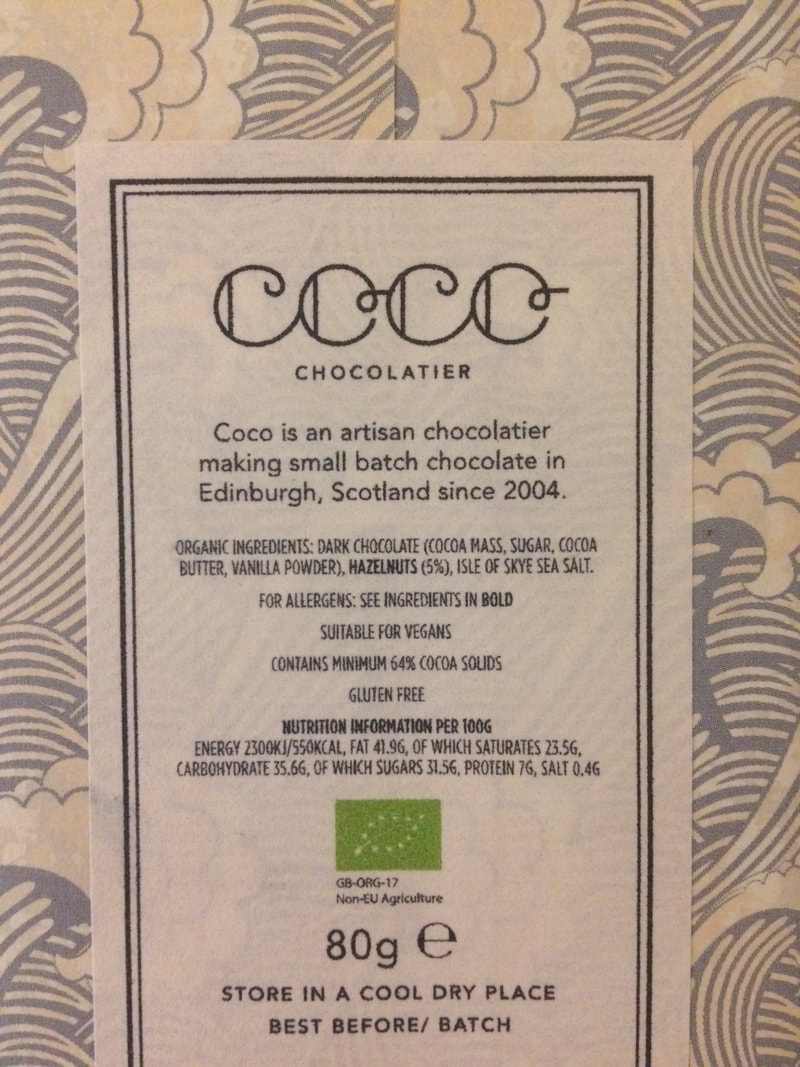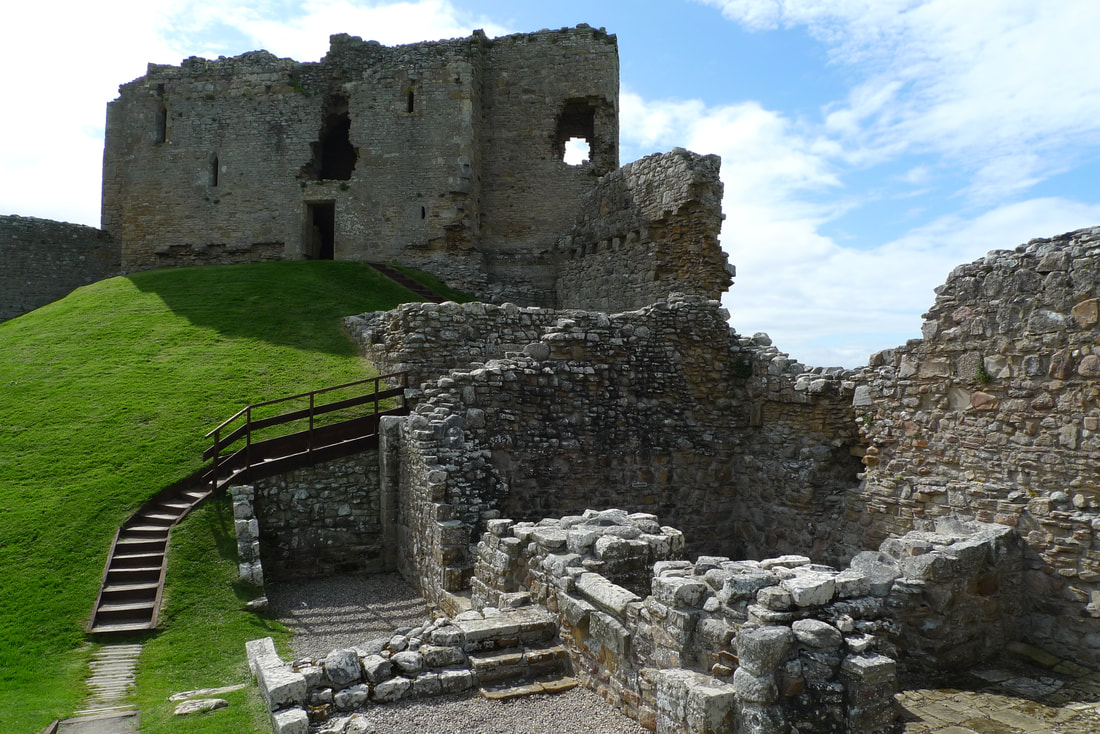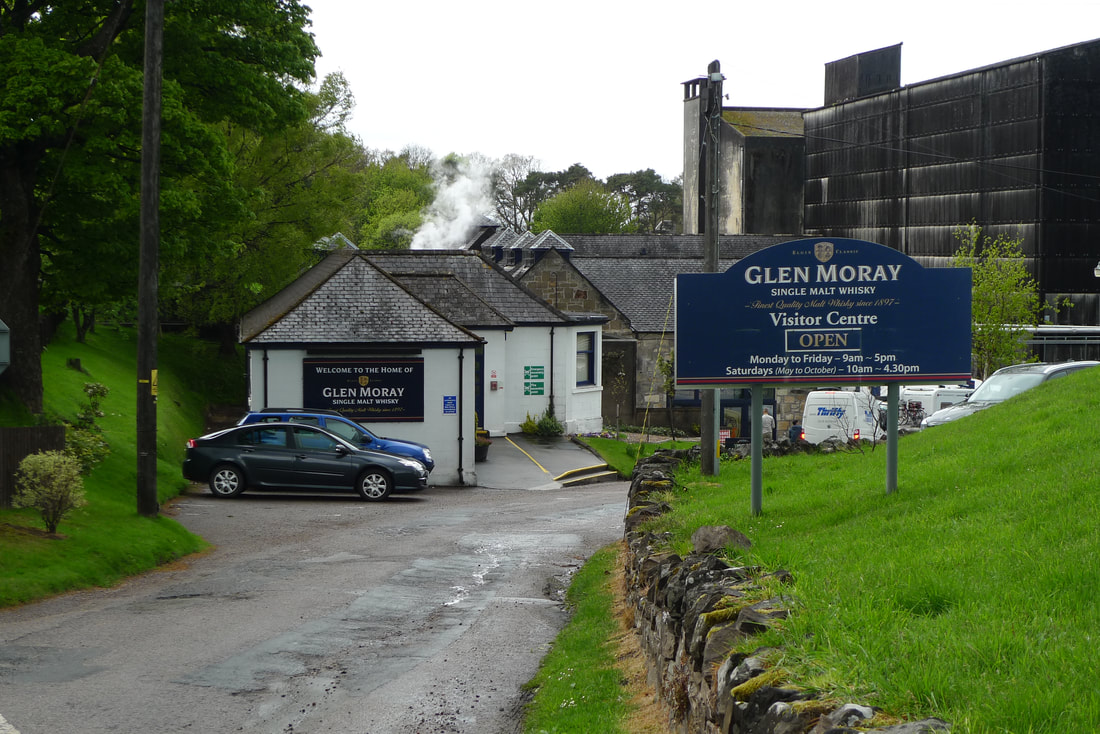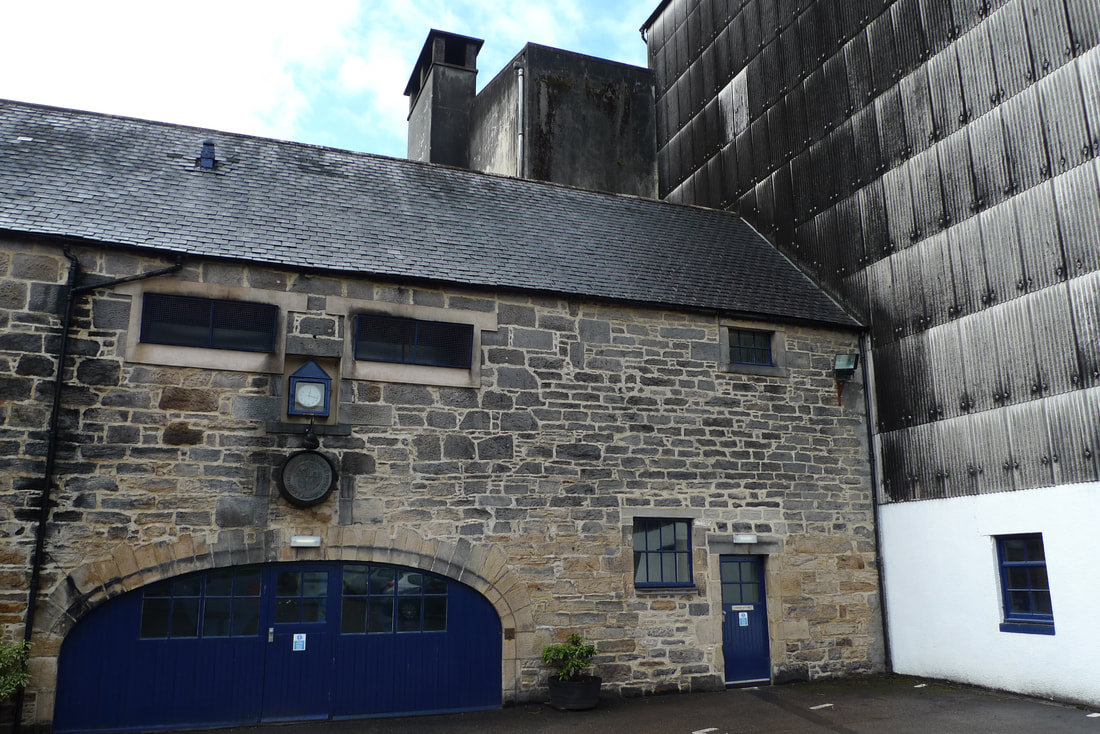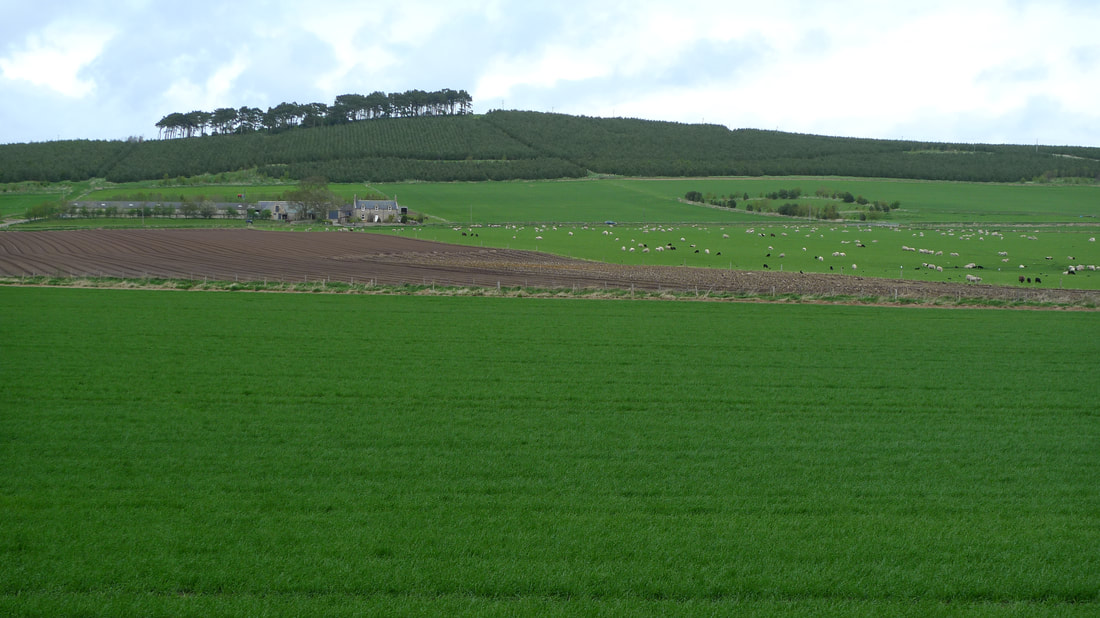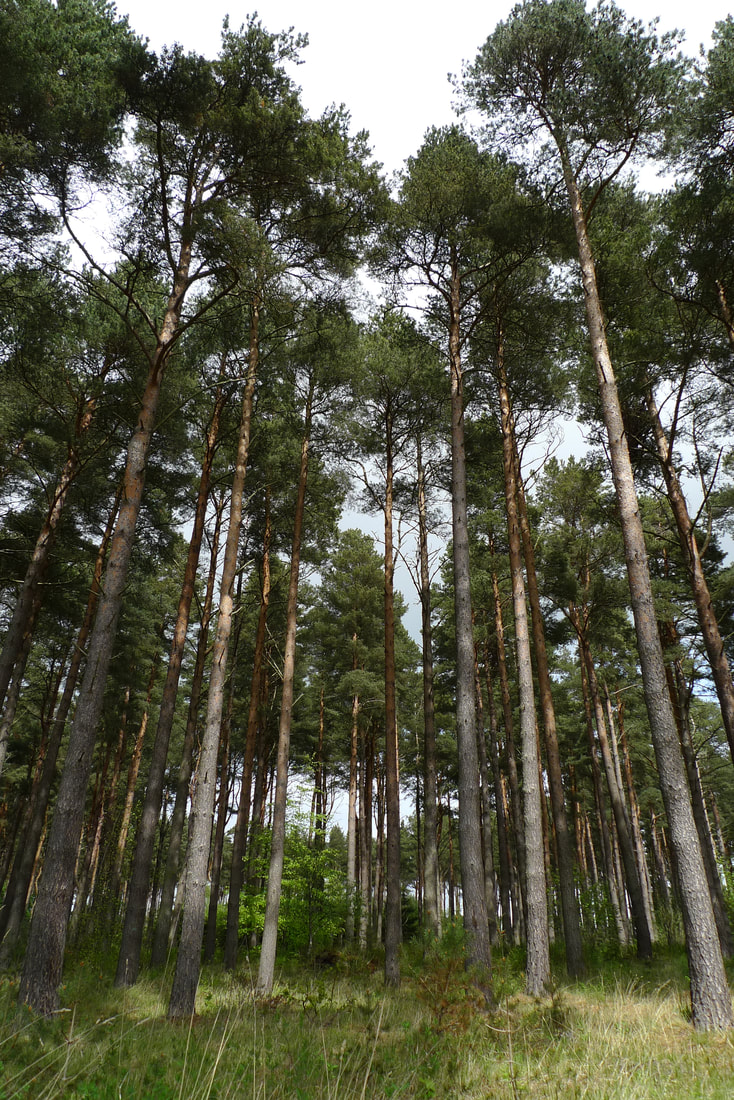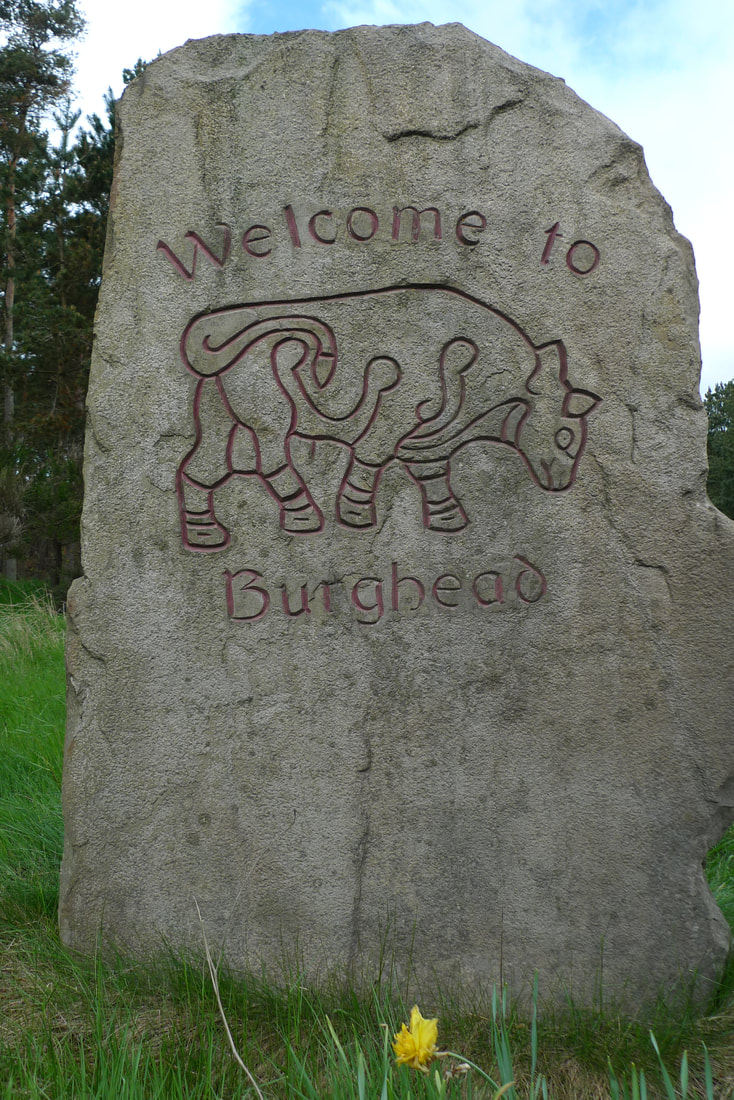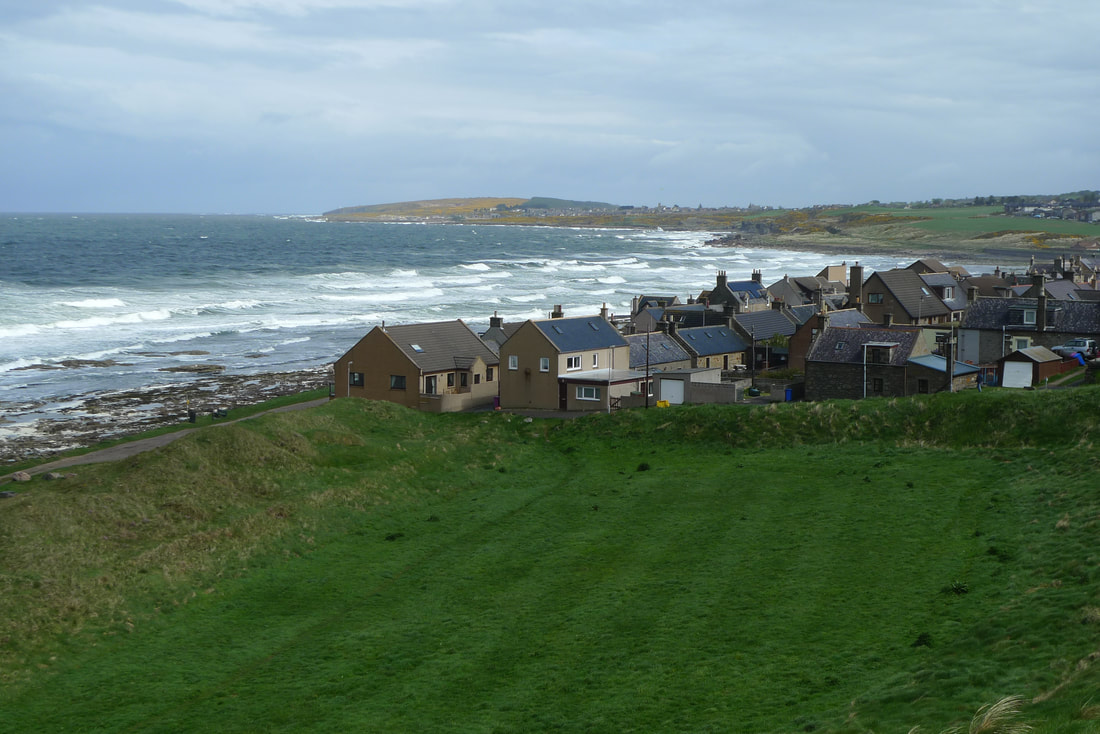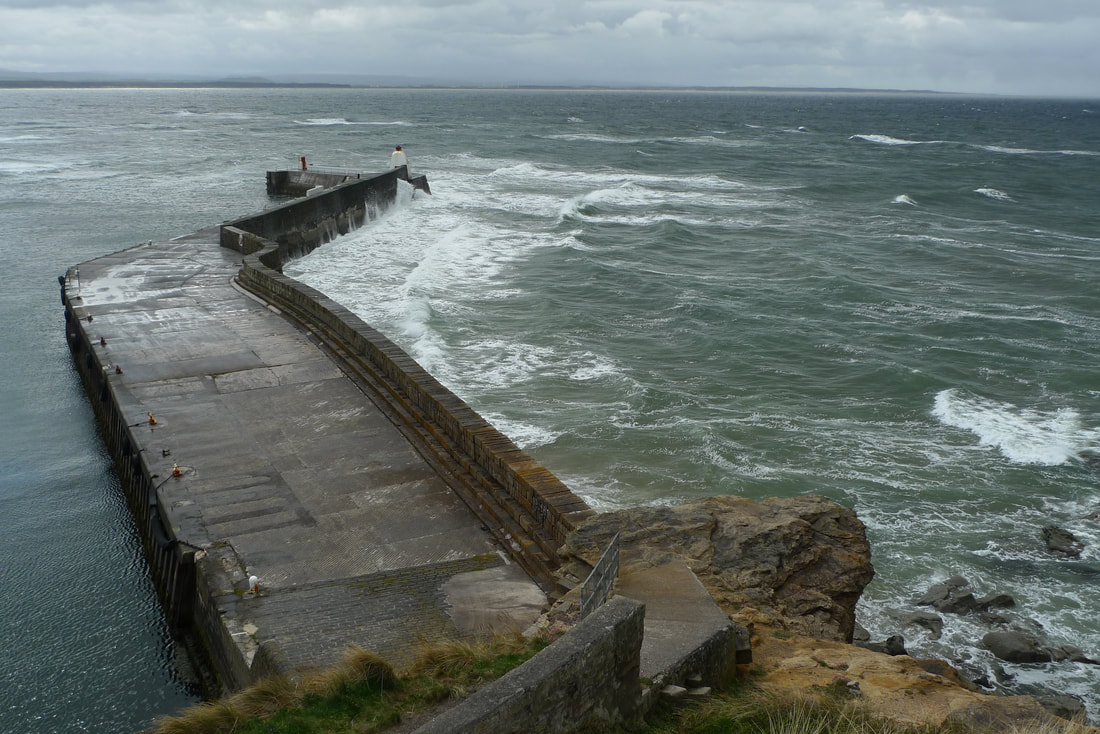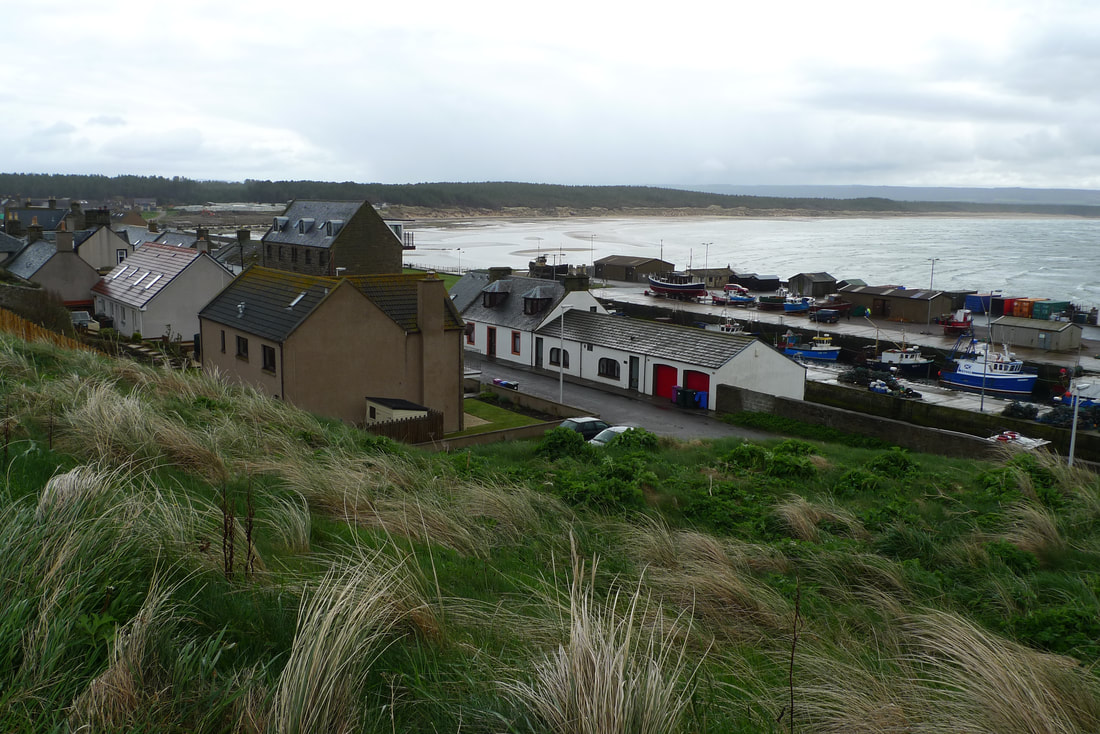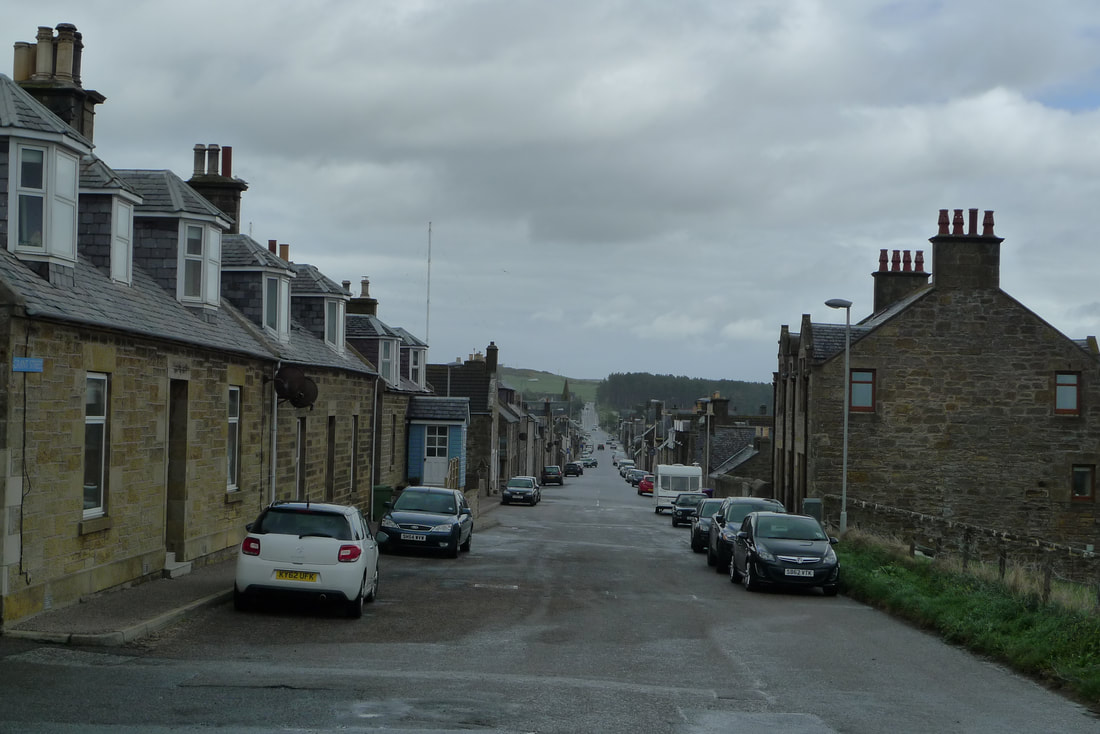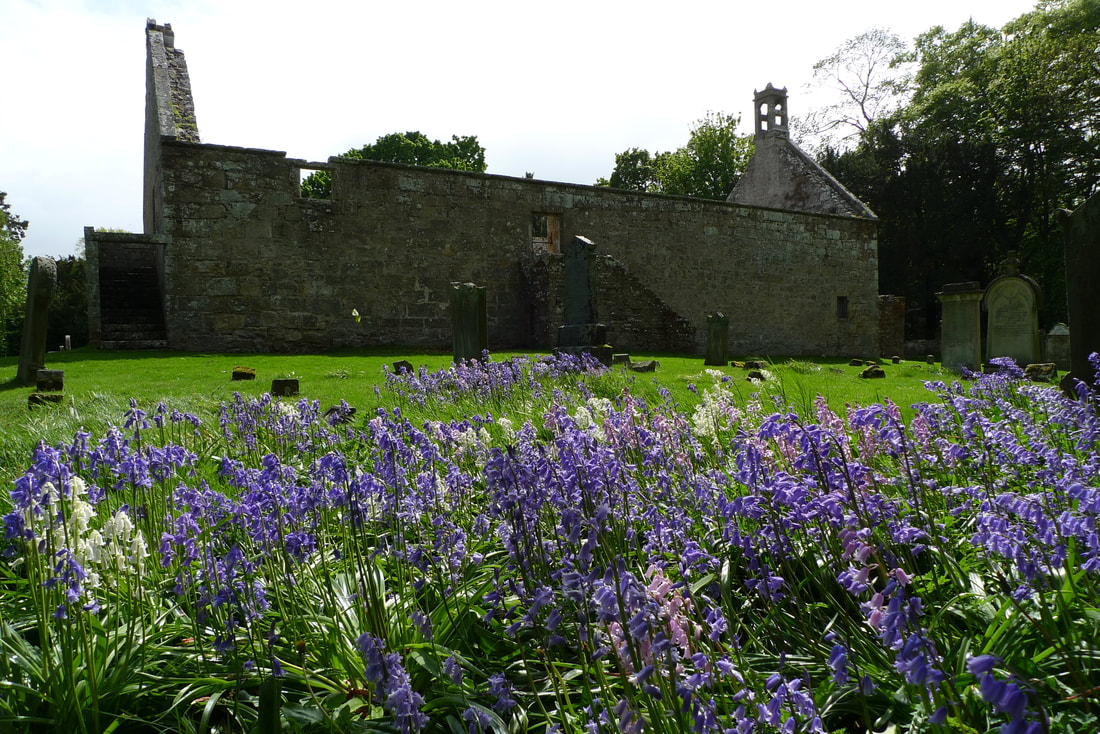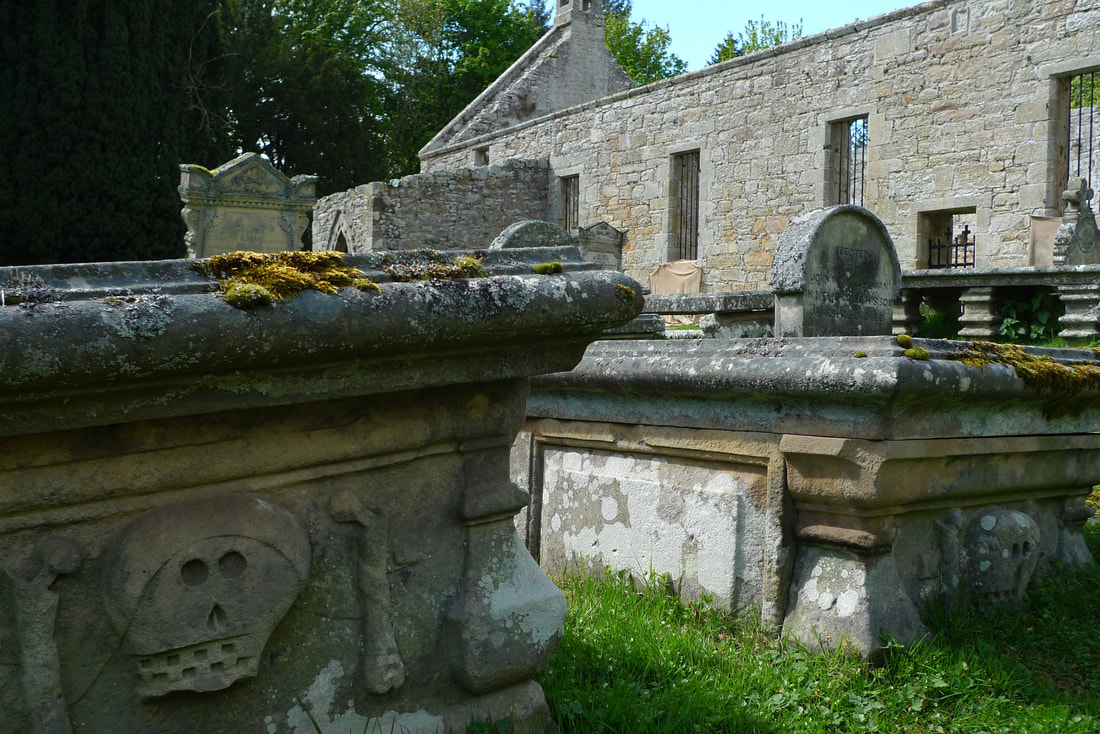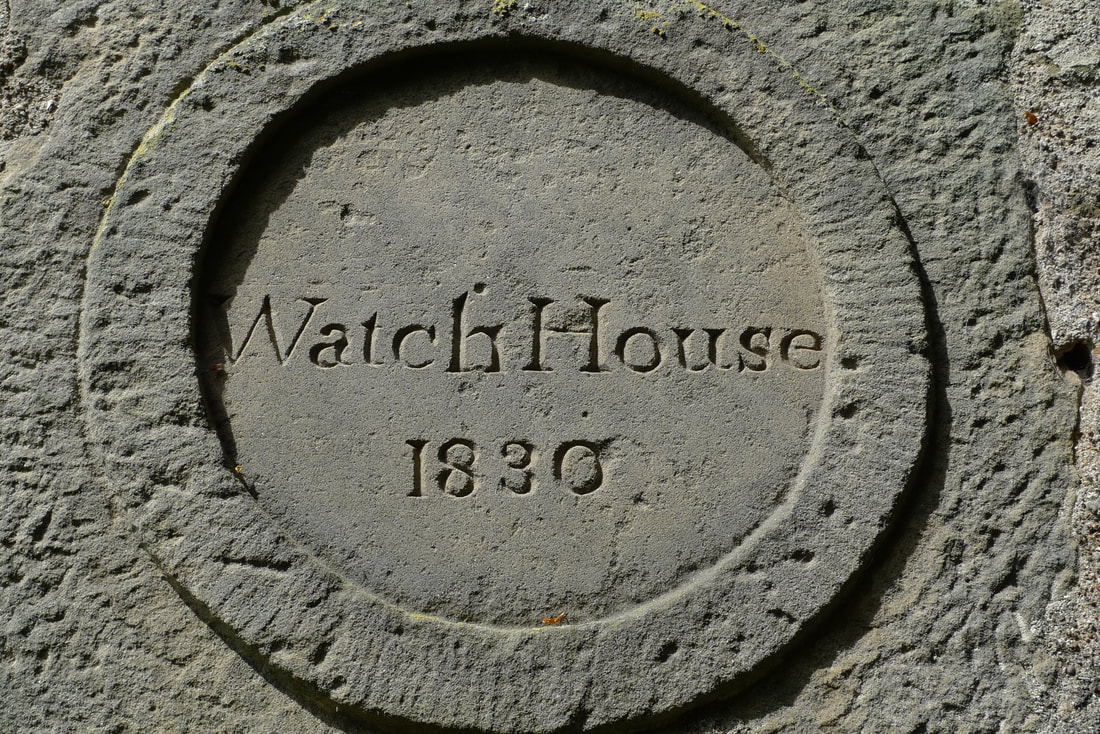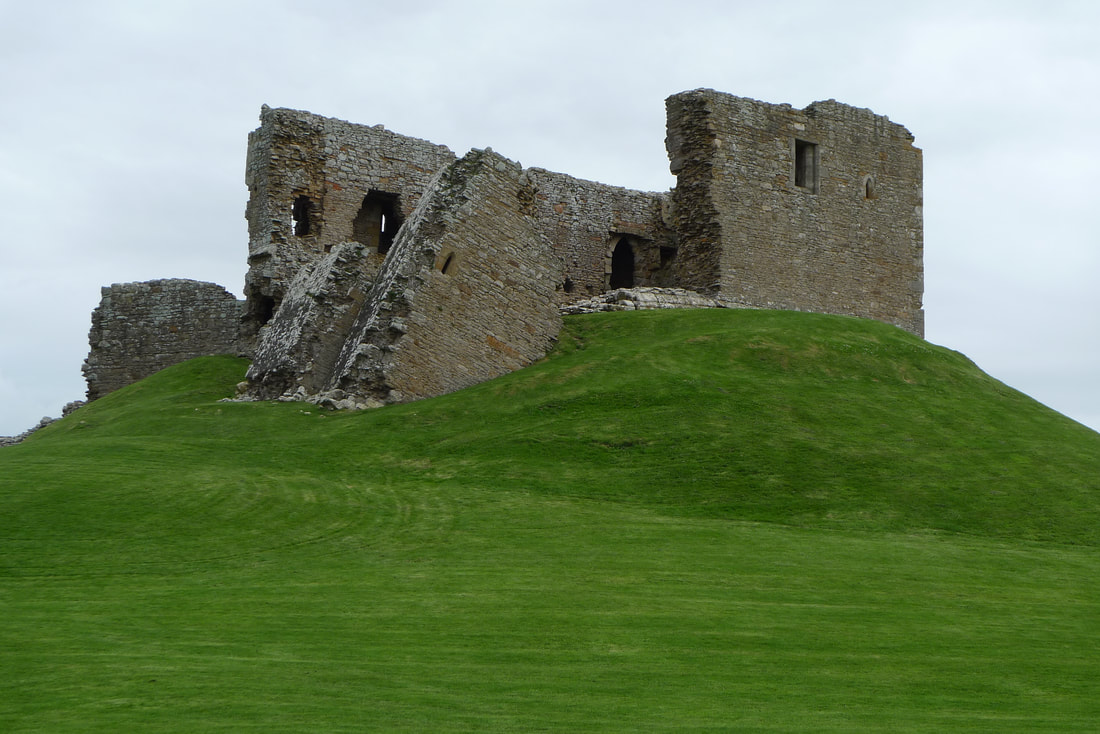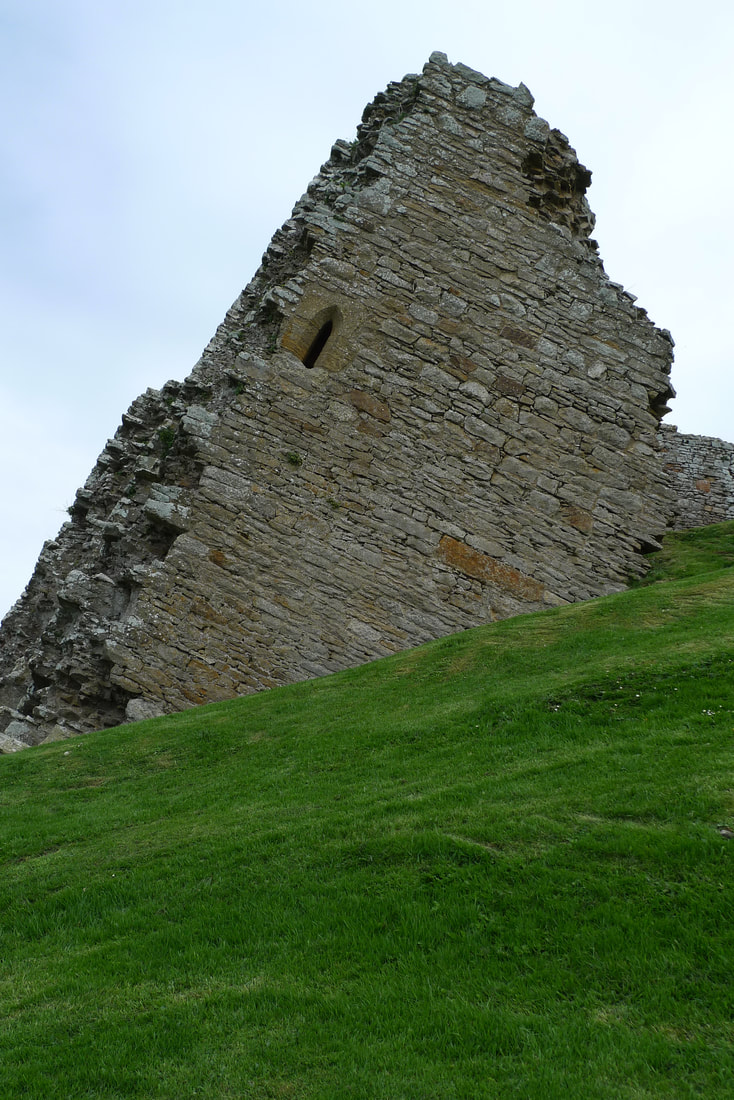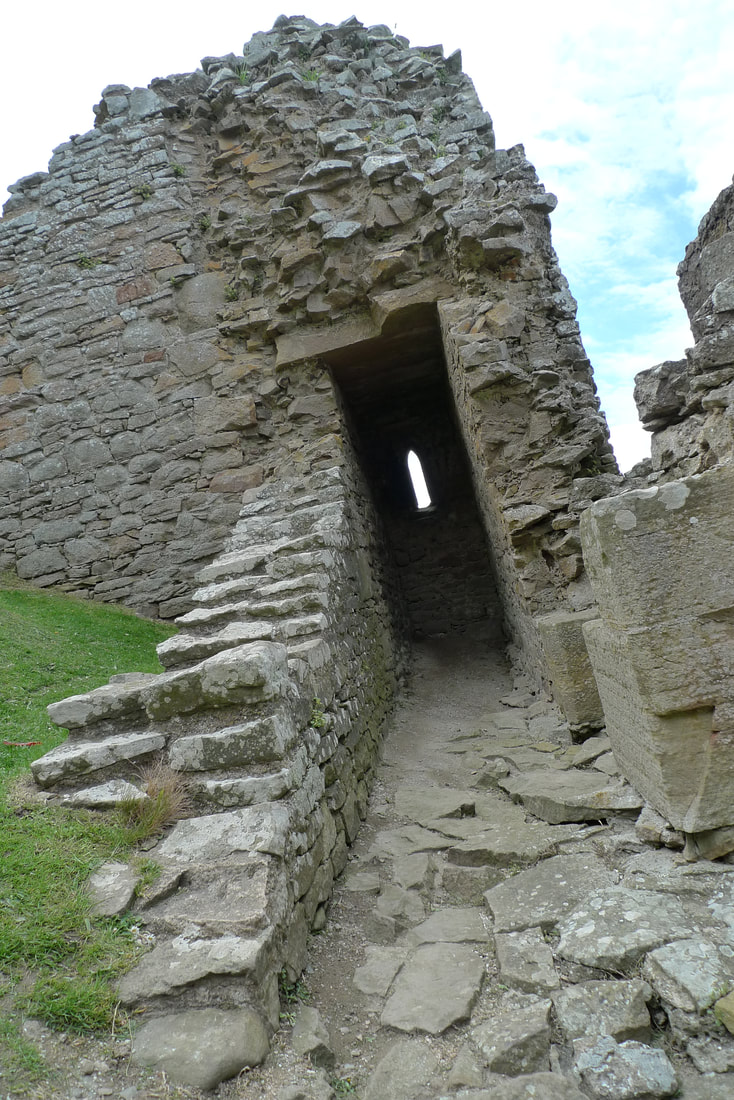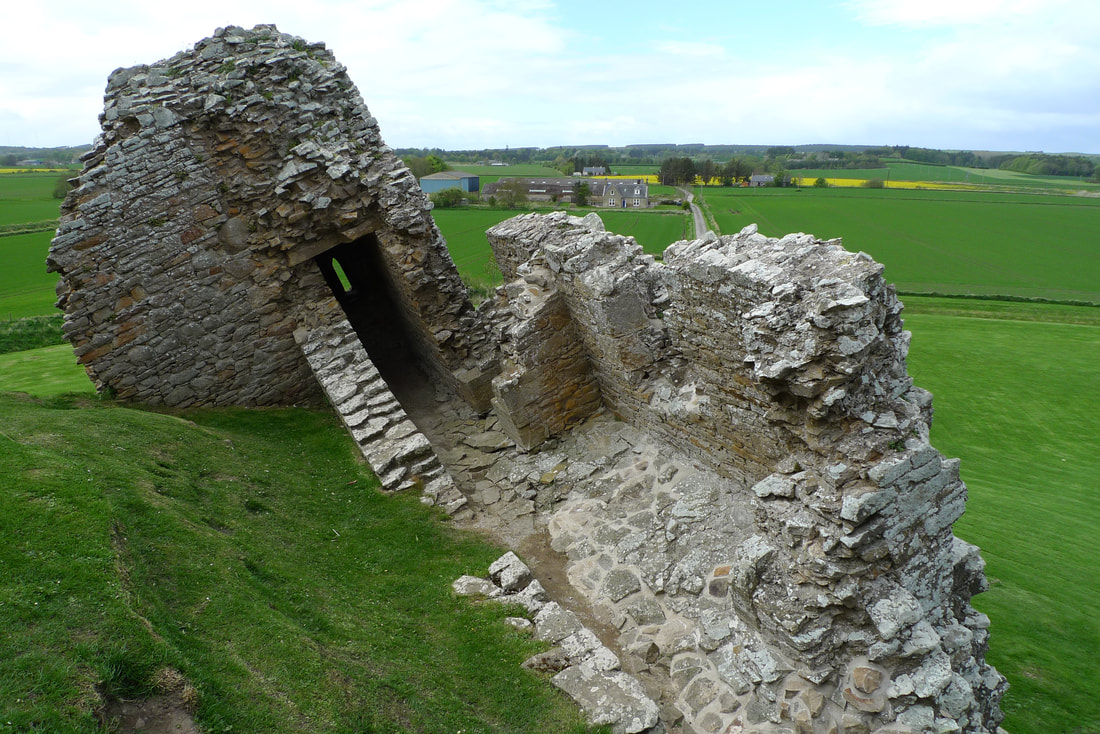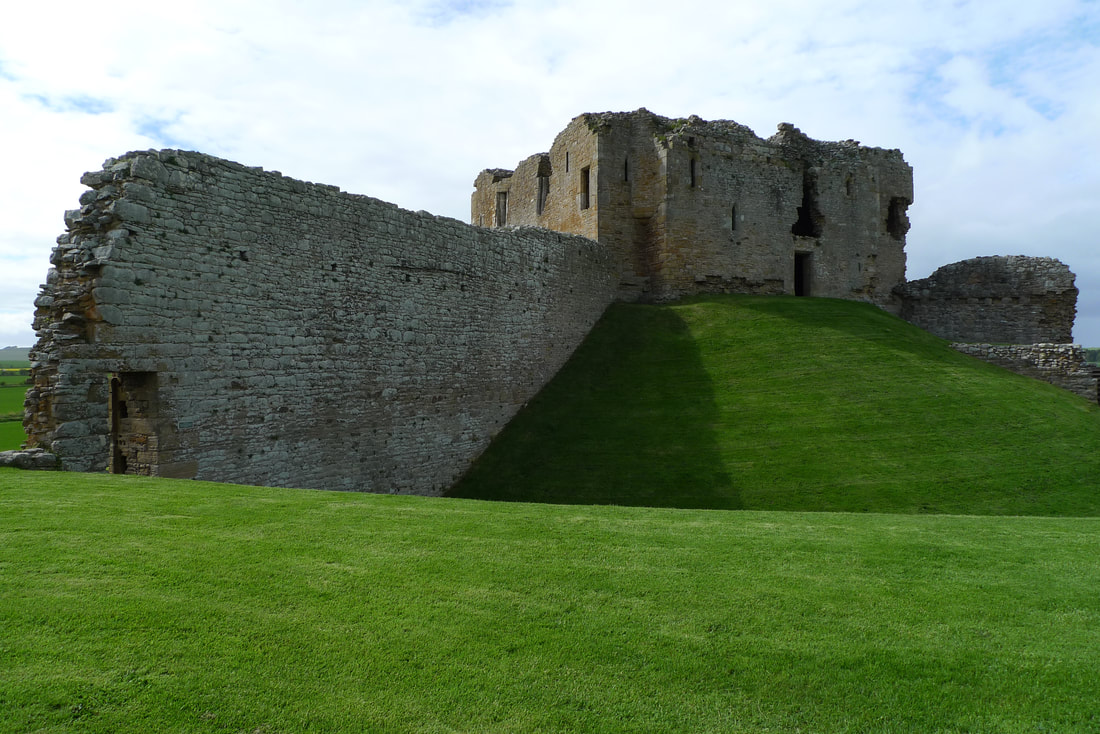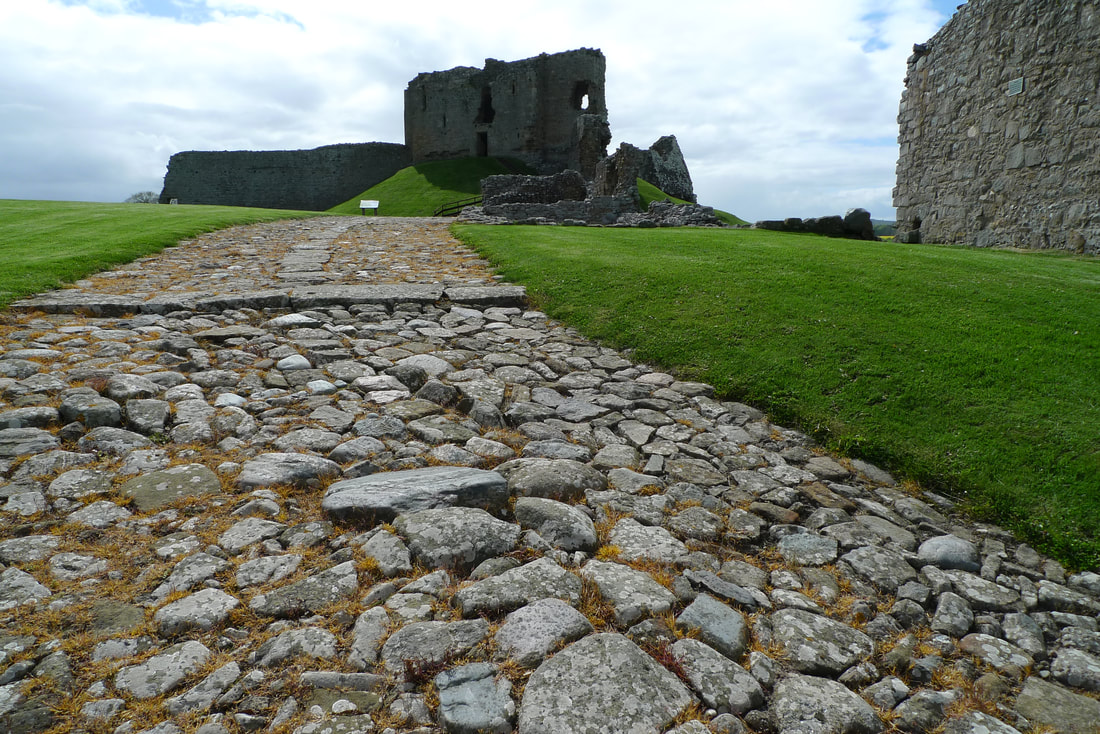Chocolate with a Scottish Flavour. Hazelnut and Isle of Skye Sea Salt by Coco of Edinburgh25/7/2017 Coco is an Edinburgh chocolatier producing high quality luxury bars. I was particularly interested to try this bar because of its use of sea salt from the Isle of Skye. Opening this chocolate bar is like unwrapping a Christmas present. The outer layer is beautiful paper that has the illustration of choppy waves inlaid. It is almost too beautiful to rip open. The next layer is a crispy wrapper. The whole experience of getting inside this bar screams 'luxury'. The squares of chocolate are very small and delicate, another sign of luxury and quality. The overwhelming taste is of dark chocolate with a gentle crunch from the hazelnuts. The nuts have been chopped very finely, rather than being chunks or whole nuts, so they are quite discreet.
The sea salt taste is also discreet, just a tinkle on my tongue at the end of each bite. I think I would have preferred the salt to be a little more prominent, particularly as the bar is championing a unique Scottish product. On the Coco website it states 'flakes of Sea Salt gathered around the pristine waters of the Isle of Skye.' What a wonderful image this conjures. This is delicious chocolate and worth seeking out during your travels in Edinburgh and Scotland. It is a luxury product with a price point of almost £5 per bar, so don't eat it all at once! Coco has shops in the Bruntsfield and Stockbridge areas of Edinburgh. Their chocolate can also be bought from several retail outlets across Scotland. These are listed on their website and you can also buy the product online.
0 Comments
This 24 mile cycle trip takes you from Elgin to Duffus Castle in Moray. The castle's collapsed tower gives it a unique look and makes it an exciting place to explore. Along the way there is the opportunity to sniff out some whisky and reach the shores of the North Sea.
Highlights of this Cycle Route:
Take a Train to Elgin Journey time is around 40 minutes from Inverness, around 1 hour 30 minutes from Aberdeen and up to 4 hours and 30 minutes from Edinburgh or Glasgow. There is a map at the bottom of this blog that shows the cycle route. A Whisky Miniature Glen Moray whisky distillery is slightly over 1 mile away from Elgin train station, so you might as well take a look. You cycle through the suburbs of Elgin on roads that are fairly quiet. It does not feel like somewhere you would come across a distillery, but there it sits, on a narrow patch of land with a modern housing estate on one side and hills and fields on the other side. I tell you what, I wouldn't mind living in one of those houses and getting to smell that sweet malt everyday. It is the scent of the spirit steaming out of the distillery chimneys that will mark your arrival here. I delighted in breathing it in.
I have been on several distillery tours and they can be similar, so I did not do the Glen Moray tour. There is, of course, a shop and I purchased a miniature bottle to enjoy later.
Scotland's distilleries can be beautiful buildings, but Glen Moray has more of an industrial look. It is not one of the prettiest to look at, but I liked the stone buildings and the the blue painted arched doorway.
Road to Burghead
It is about 9 miles from Glen Moray to Burghead where the scenery is a mixture of farming lands and forests.
During my ride the weather turned nasty for a while. Hail stones pattered on my helmet and onto the fence posts of the fields. The stones hit the side of my face and made it painful and numb with the cold. It was almost unbearable and I felt like screaming. I held up my gloved hand to shield my face.
As I entered Burghead a wheelie bin blew down in front of me. The streets were littered with fallen down wheelie bins. The sea was choppy and I took shelter in the visitor centre.
I learned that Burghead was once the site of a great Pictish fort from the 5th century. Stones with an intricately carved bull were found at the site and two of these can be seen in the visitor centre. The bull carving has become a symbol of Burghead and it features on the welcome sign into the village.
Watching the Body-snatchers
I took the B9012 coastal road and had glimpses of sea through rows of houses. The freezing hail and gales was now replaced by bright sunshine. The fact that you can get such different conditions in a single day is one of those things about Scotland that never ceases to amaze me. It just goes to show that even if the clouds look threatening it is still worth getting out on your bike because there might just be sunshine around the corner. I took a right turn to Duffus and on to the idyllic St. Peter' Kirk. A burst of blue and white crocuses beautifully framed the ruined church.
A church has been in this place since 1190, built around the same time as the nearby Duffus Castle.
There are some interesting things to discover here. One is a medieval mercat cross from a time when markets were held in this churchyard. I had a look at the gravestones where many are carved with the symbols of mortality, like skulls and crossbones. Reading the stones I noticed that farming is the most prominent profession, although I found one that was a military auditor in Calcutta.
There is a watch house in the churchyard. This would have accommodated a guard who prevented body-snatchers from stealing freshly buried corpses to sell to medical schools. It was a common problem in Scotland and there are many surviving watch houses across the country. This one has a stone inscription with 'Watch House 1830'.
Although St. Peter's is a very peaceful place there was a constant deafening sound of passing military jets. This is from nearby RAF Lossiemouth. It is a sound that you will have to get used to when cycling in this part of Scotland.
The Falling Down Castle
This is an extraordinary-looking castle. With its fallen tower it appears that it must have come under attack. I wondered if it had been hit by canon balls and collapsed hundreds of years ago. I was looking for tales of a great battle.
The reality is that there was no battle and the tower simply collapsed through subsidence.
The castle is surrounded by a moat and sits on a mound so you must walk uphill to get inside.
The very first castle on this site was made of wood in 1150 by a Flemish man called Freskin. He was granted land by King David I as reward for his loyalty. In return Freskin was expected to maintain order, in the name of the King, in this part of Scotland. The construction of the castle was to aid Freskin in this mission. In later year the castle was replace with the stone version, but this act of building on top of an old structure is what made the ground unstable and caused the collapse of the tower. During my visit there was only one other person at the castle. He was using the extensive grass lawns to train a collie.
To return to Elgin it is a 6 mile cycle on a minor road.
The Cycle Route This is a 24 mile round trip on a mixture of B-roads and minor road. Traffic volume is not heavy and there are no major hills. When you are travelling from the distillery to Burghead you must cross the A96, which can be a busy road. You are only on it for a short distance and there is a pavement, so there is always the option to walk along the pavement. |
|

